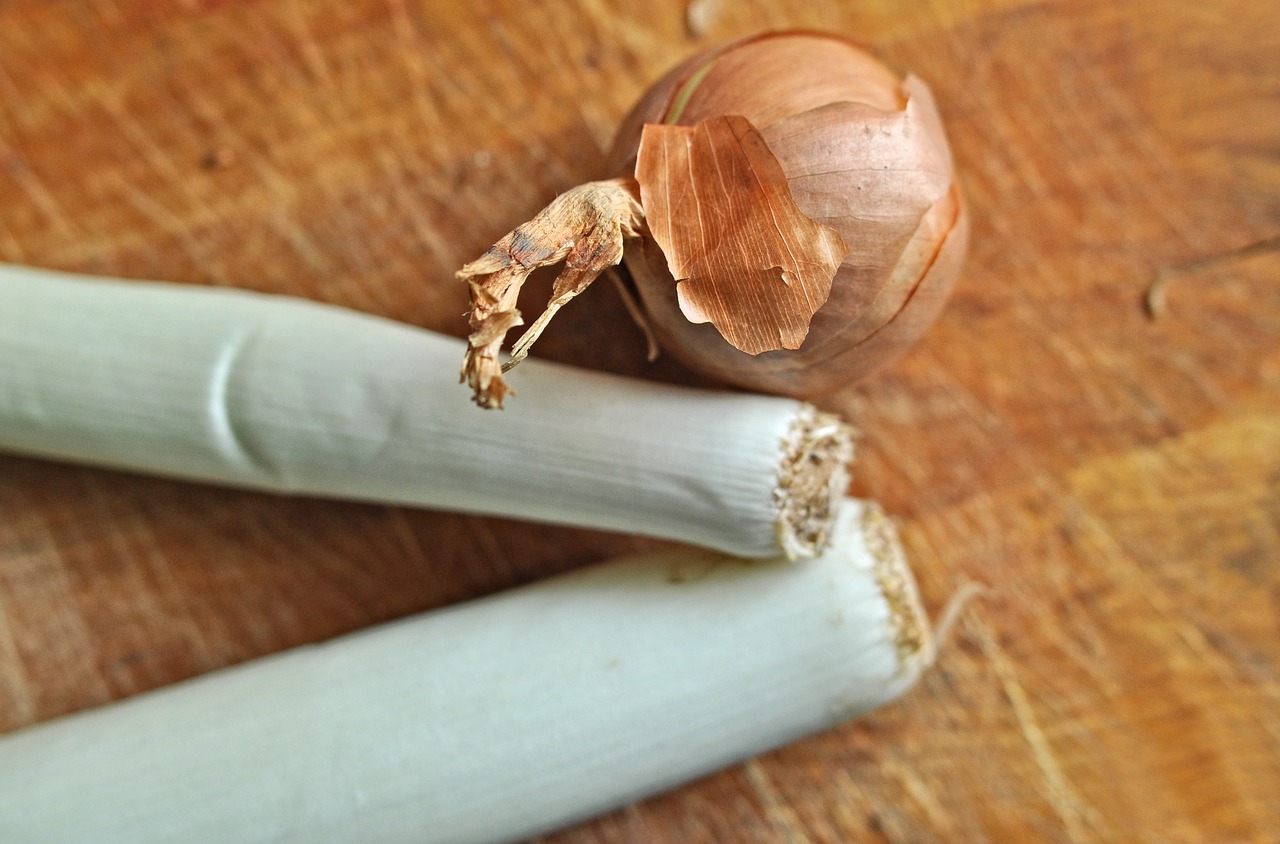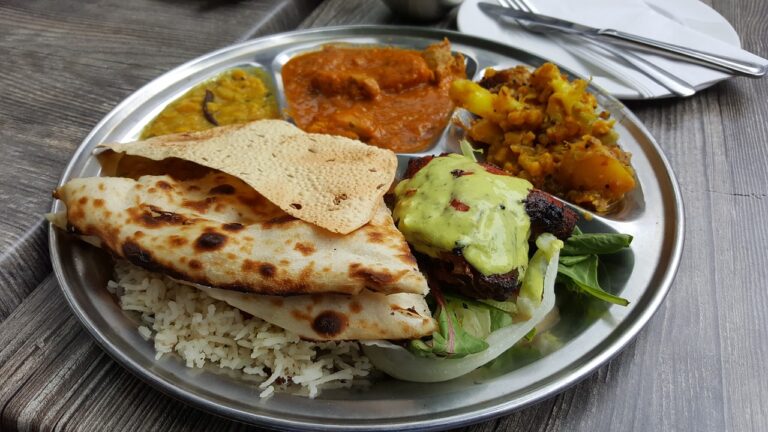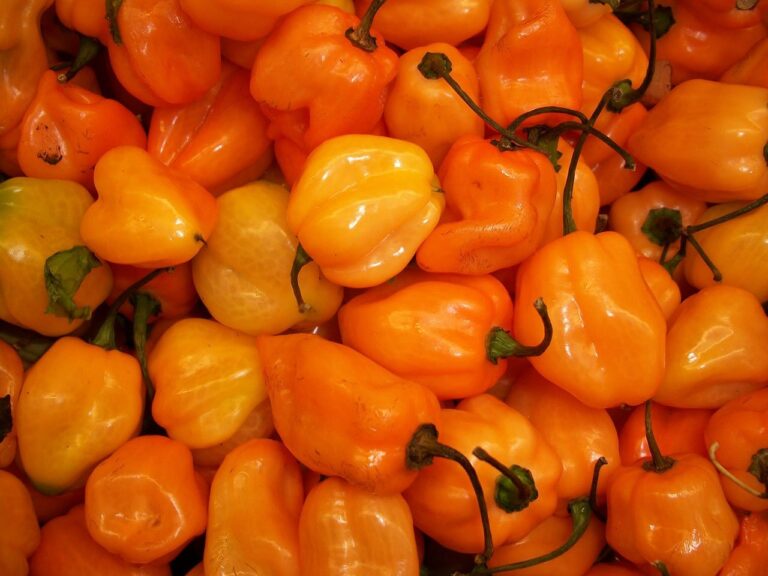Exploring Opportunities for Food Exports to Indonesia
betbook250.com, 11xplay, yolo 247: Indonesia is a country with a burgeoning population of over 270 million people, making it an enticing market for food exporters looking to expand their reach. With a growing middle class and an increasing demand for international food products, there are ample opportunities for businesses to tap into this market and establish a strong presence in the region.
In this article, we will explore the various opportunities for food exports to Indonesia, from understanding the market trends to navigating the regulations and requirements for importing food products into the country. Let’s dive into the details and uncover the potential that Indonesia holds for food exporters.
Understanding the Indonesian Market
Before diving headfirst into exporting food products to Indonesia, it is crucial to understand the market dynamics and consumer preferences in the country. Indonesian consumers are increasingly looking for a diverse range of food products, including international cuisines and flavors. From snacks and beverages to packaged foods and ingredients, there is a growing demand for high-quality imported food products in the Indonesian market.
One of the key drivers of this demand is the changing lifestyle and dietary habits of Indonesian consumers. With a growing awareness of health and wellness, there is a shift towards healthier and natural food products in the market. This presents an opportunity for food exporters to introduce organic, gluten-free, and other specialty products to cater to the evolving preferences of Indonesian consumers.
Navigating the Regulatory Landscape
When exporting food products to Indonesia, it is essential to be aware of the regulatory landscape and requirements for importing food products into the country. Indonesia has strict regulations in place to ensure the safety and quality of imported food products, including labeling requirements, product registration, and compliance with Halal certification for certain food categories.
To navigate the regulatory landscape effectively, it is advisable to work with local partners or distributors who are familiar with the import requirements and can help streamline the process of getting your food products approved for sale in the Indonesian market. By working with experienced partners, you can ensure compliance with local regulations and avoid any delays or complications in the importation process.
Identifying Growth Opportunities
As the Indonesian food market continues to evolve, there are several key growth opportunities for food exporters to capitalize on. One of the significant trends in the market is the increasing demand for convenience and on-the-go food products, such as ready-to-eat meals, snacks, and beverages. By tapping into this trend and offering innovative and convenient food products, exporters can position themselves as leaders in this growing segment of the market.
Another growth opportunity lies in the rising popularity of e-commerce and online shopping in Indonesia. With the increasing penetration of smartphones and internet connectivity, more consumers are turning to online platforms to shop for food products. By leveraging e-commerce channels and digital marketing strategies, exporters can reach a broader audience and drive sales in the Indonesian market.
Building Strong Partnerships
In a diverse and competitive market like Indonesia, building strong partnerships with local distributors, retailers, and food service providers is key to success. By collaborating with trusted partners who have a deep understanding of the market and consumer preferences, exporters can gain valuable insights and access to distribution networks that can help expand their reach and grow their business in Indonesia.
When selecting partners, it is essential to conduct thorough due diligence and establish clear communication channels to ensure a smooth and successful collaboration. By working closely with local partners and building long-term relationships based on trust and mutual benefit, exporters can navigate the complexities of the Indonesian market and achieve sustainable growth and success.
Expanding Your Reach
With a population of over 270 million people and a growing appetite for international food products, Indonesia presents a vast and untapped market for food exporters. By understanding the market trends, navigating the regulatory landscape, identifying growth opportunities, and building strong partnerships, exporters can unlock the potential of the Indonesian market and establish a strong presence in the region.
Whether you are a small artisanal producer or a large multinational corporation, Indonesia offers a wealth of opportunities for food exporters looking to expand their reach and introduce their products to a diverse and dynamic market. By embracing the challenges and opportunities that come with exporting food products to Indonesia, you can position your business for long-term success and growth in one of the most promising markets in Southeast Asia.
FAQs
Q: What are the key factors to consider when exporting food products to Indonesia?
A: When exporting food products to Indonesia, it is essential to consider factors such as market trends, regulatory requirements, consumer preferences, and distribution channels. Working with local partners and building strong relationships is also crucial for success in the Indonesian market.
Q: What are the major growth opportunities for food exporters in Indonesia?
A: Some of the major growth opportunities for food exporters in Indonesia include catering to the demand for convenience and on-the-go food products, leveraging e-commerce channels, and building strong partnerships with local distributors and retailers.
Q: How can exporters navigate the regulatory landscape in Indonesia?
A: Exporters can navigate the regulatory landscape in Indonesia by working with local partners who are familiar with the import requirements and can help ensure compliance with labeling, registration, and certification requirements for food products.
Q: What role does Halal certification play in the Indonesian food market?
A: Halal certification is a key requirement for certain food categories in the Indonesian market, as Indonesia has a predominantly Muslim population that follows Halal dietary laws. Ensuring compliance with Halal certification is essential for exporters looking to tap into this lucrative market segment.
In conclusion, exploring opportunities for food exports to Indonesia offers a wealth of potential for businesses looking to expand their reach and introduce their products to a diverse and growing market. By understanding the market dynamics, navigating the regulatory landscape, identifying growth opportunities, and building strong partnerships, exporters can unlock the potential of the Indonesian market and achieve long-term success in one of the most promising markets in Southeast Asia.







